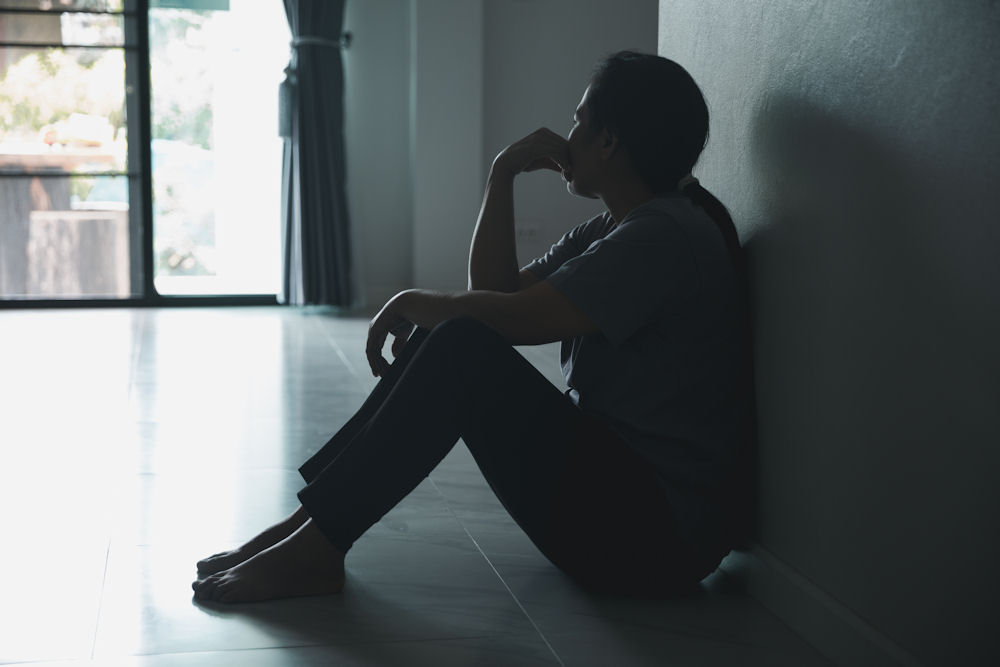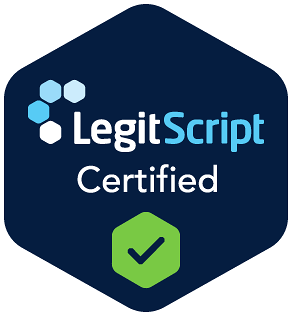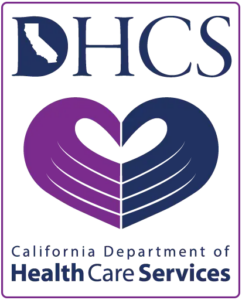In California, addressing co-occurring personality disorders and addiction requires specialized care. At Surf City Detox in Huntington Beach, California, we offer comprehensive dual diagnosis treatment, tackling both addiction and underlying mental health conditions.
But what does dual diagnosis mean? It involves treating substance use disorders alongside mental health issues like depression, anxiety, bipolar disorder, ADHD, panic disorder, dysthymia, and process addictions. At Surf City Detox, men receive immersive, personalized care to heal both mind and body for lasting recovery. Beginning with detox in Huntington Beach, individuals are safely guided through the withdrawal process, laying a strong foundation for deeper therapeutic work and long-term wellness.

What Is a Personality Disorder?
Personality disorders are not just habits or quirks. They are serious mental health conditions that can cause real distress. Some people may not realize they have one until it affects work or family life. These disorders are not anyone’s fault. They are often shaped by past trauma, stress, or even family history. It’s important to know that people with personality disorders are not broken or bad. They are often doing their best while struggling inside.
Types of Personality Disorders
This includes paranoid, schizoid, and schizotypal personality disorders. People in this group often seem odd or distant. They might struggle to connect with people or display thoughts that seem unusual or hard to follow.
This category covers borderline, narcissistic, antisocial, and histrionic personality disorders, each with its own emotional and behavioral challenges. These often involve intense emotions, impulsive actions, and unstable relationships. Borderline personality disorder is one of the most common and well-known types. It often involves unstable relationships and extreme mood swings. Antisocial personality disorder may involve ignoring rules or hurting others without remorse. Narcissistic personality disorder shows up as a strong need for praise and a lack of empathy.
This includes avoidant, dependent, and obsessive-compulsive personality disorders. People in this group tend to be anxious and fearful. They may have trouble making decisions or feel overly worried about being judged.
People with schizoid personality disorder often find it difficult to form emotional connections with others. Each type has its struggles, but all can be treated. A proper diagnosis helps people get the right kind of help and feel better over time.

Signs and Symptoms of a Personality Disorder
- Mood swings that feel hard to control
- Trouble keeping relationships steady or long-term
- Ongoing feelings of low self-worth or shame
- Struggling with anger or feeling irritable often
- Seeming distant, emotionally cold, or disconnected
- Acting impulsively or breaking rules without guilt
- Feeling like you don’t fit in or belong
- Difficulty reading social cues or understanding others
- Behaviors that mimic depression, anxiety, or trauma
- Thinking their thoughts or behaviors are normal when they’re not
- Avoiding help or believing they don’t need any
- Family and friends notice changes in behavior first
These symptoms can be deeply upsetting and isolating. But no one is alone in this. With the right help, people can find new ways to cope and heal. A mental health professional can guide that process gently and with care.
Personality Disorders and Substance Abuse: What’s the Connection?
Some people use substances to feel more social or confident. Others may use them to numb feelings they don’t understand. The brain becomes dependent, and addiction can grow fast. Studies show a high link between personality disorders and substance use. Addiction is most often linked to borderline and antisocial personality disorders.
Addiction often hides the signs of a personality disorder, making treatment harder. But these struggles are not hopeless. Treating one without the other may not be enough. Long-term healing means caring for the whole person. It starts by understanding the connection between trauma, personality, and substance use.

Diagnosing Personality Disorders and Addiction
Sometimes addiction can hide or mimic mental health symptoms. This can make it more difficult to understand the person’s true condition. A thorough assessment helps separate the effects of substance use from deeper emotional issues. This process may feel overwhelming, but it’s gentle and respectful.
Doctors often wait until someone is sober to make a full diagnosis. They need to see how the person functions without substances in their system. Family history, trauma, and past struggles all play a role. Diagnosis isn’t about labeling someone. The goal is to discover the most helpful way to move ahead.
When both conditions are identified, people can start the right kind of treatment. Getting the full picture helps people feel seen, not judged. That’s the first step toward real healing.
Dual Diagnosis Treatment
Cognitive behavioral therapy (CBT) helps people recognize and change thought patterns that lead to negative emotions or behaviors. Medication can help manage anxiety, depression, or mood changes. Doctors select medications based on each person’s unique symptoms and background. Group therapy offers connection and shared understanding. Some programs involve family therapy to help repair broken trust. Each treatment plan is tailored to the individual.

How Does Trauma Influence Personality Disorders and Addiction?
Some people cope by turning inward, while others act out. Drugs and alcohol may feel like the only way to escape those feelings. Over time, substance use becomes another layer of pain. Trauma can also make it harder to trust others or feel safe. This impacts relationships, work, and daily life. When trauma goes untreated, it can fuel both addiction and personality struggles.
Healing from trauma can happen when people feel safe, understood, and guided through the process. Therapy helps people face their past without getting stuck in it. A safe, stable environment makes a big difference. Addressing trauma allows people to build healthier patterns.

Why California Is a Strong Option for Treatment
Some centers accept insurance or offer payment plans, making treatment more accessible. Warm weather and a relaxed atmosphere can also help people feel more at ease. People often feel safer being far from toxic environments. That space gives them time to focus on healing. California’s mental health laws also promote rights and protections for those in treatment. Recovery is possible no matter where you start, but location can help.

Receive Treatment for Personality Disorders and Addiction at Surf City Detox
Our team works with each person to create a plan that fits their needs. We use evidence-based treatments that are proven to help over time. Therapy, medication, and compassionate guidance are all part of our approach. Our space gives you the chance to pause, heal, and start building a more stable and fulfilling life.
Healing isn’t about being perfect. It’s about learning new ways to live. Every person deserves a chance to recover with dignity and care. If you or someone close to you is facing these challenges, help is available. The process can be tough, but recovery is possible. Our staff is here to walk with you every step of the way. With patience and the right help, a better life is possible. Contact us today to learn how we can support your path to recovery.
Surf City Detox Accepts Insurance
We accept many insurance plans to help cover the cost of addiction treatment. Contact your provider to get more information or call our office to reach an intake specialist.


















